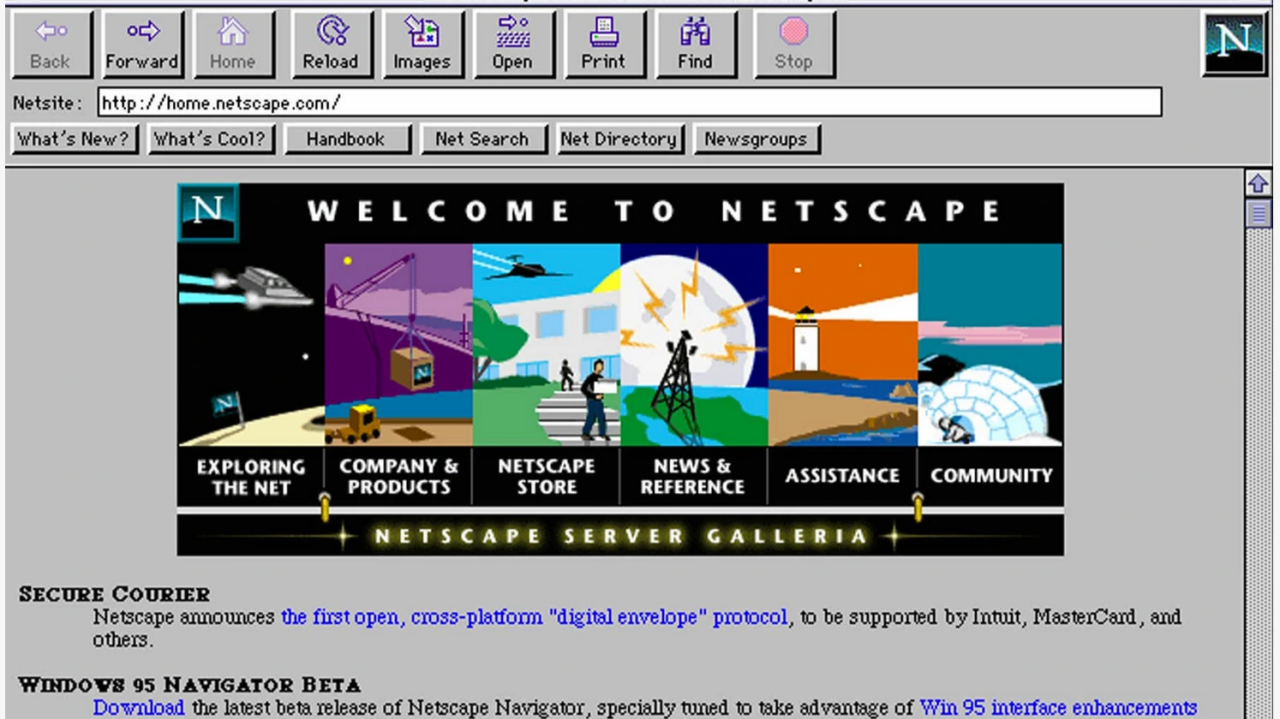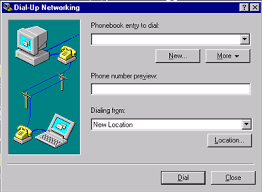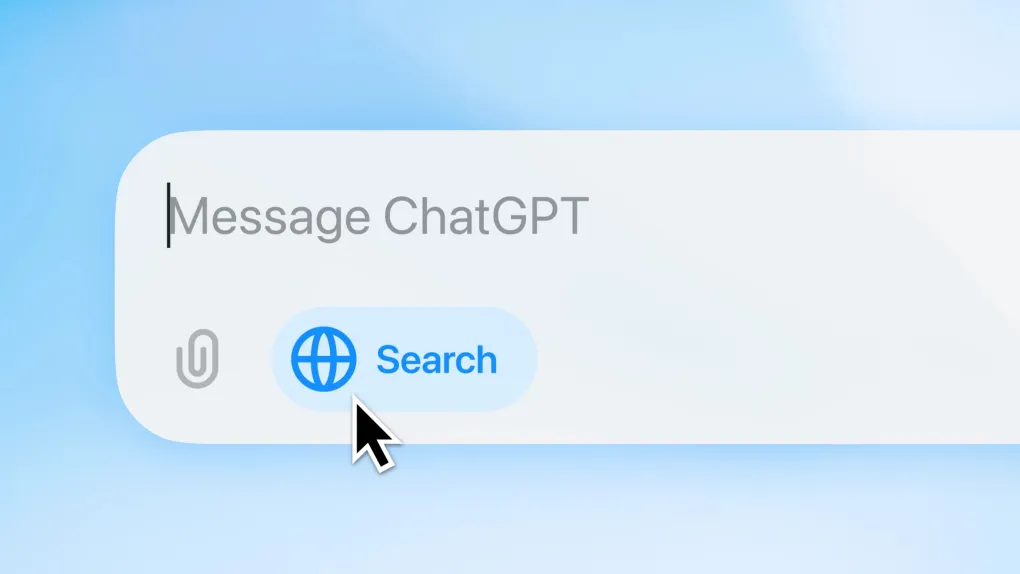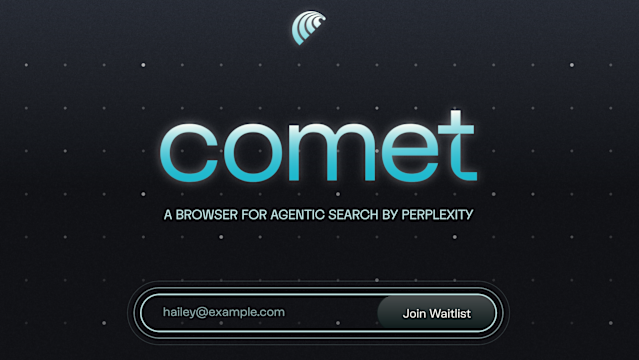Browsing Will Change, Forever!

My first memory of browsing the internet? Netscape, on a dial-up connection, made that iconic "wiiin-wiieeen" sound every time it tried to connect. Gen Z probably has no idea what I'm talking about, so here's a quick flashback.
What Was Dial-Up Anyway?

Dial-up internet uses your telephone line to connect to the web. It was like making a phone call to your internet provider, with a modem doing the heavy lifting. Setting up a dial-up connection on Windows NT was a ritual in itself. And once it connected, you felt like you had entered a new world.
Netscape
Netscape was my first browser, and the first site I visited was Cartoon Network, filled with flash games that introduced me to PC gaming (Sheesh! I which I kept on, maybe I would have been an early start YouTube Gamer)
Netscape wasn't just nostalgic; it was revolutionary. It introduced features like JavaScript and cookies that helped shape the modern web. However, despite its innovation, it ultimately lost the browser war to Microsoft's Internet Explorer, which was bundled for free with Windows. In the age of snail-paced downloads, nobody wanted to spend hours downloading another browser.
Recap on Browser History
Although this isn't a comprehensive browser history piece, it's worth noting how we arrived at this point: Safari chipped away at Internet Explorer's dominance, and Google Chrome surged ahead with a smooth experience and seamless syncing across devices. Today, Chrome holds around 65% of the global browser market, with Safari, Edge, and Firefox trailing behind. But just as Microsoft fell behind by standing still, Google might be next. We're now at the edge of another major revolution with AI-powered browsers with Two major players leading the charge:
Perplexity's Comet (in beta)
A new Chromium-based browser featuring:
- AI Sidebar Assistant: Understands the content of any webpage in real time.
- Smart Automation: Summarizes pages, fills forms, manages emails, and even books meetings or makes purchases—all without switching tabs.
- Deep Research Capabilities: Integrates Perplexity's powerful information tools.
- Agentic Search: AI agents that can perform complex actions like ticket booking or shopping on your behalf.
- Privacy Focused: Local data storage, strict tracking protection, and a native ad blocker.
- Cross-Platform & Chrome Extension Support: Easy migration for Chrome users.
OpenAI's AI-Centric Browser (launching soon)

This browser, powered by ChatGPT and Operator Agents, aims to turn browsing into a natural conversation:
- Navigate sites, make bookings, fill out forms, and research—by simply chatting.
- Converts the browser from a passive tool to a thinking companion.
The Future of Browsing
This is more than just an upgrade. It's a paradigm shift. Browsers are evolving from static content to dynamic AI tools that help you not just find information but make sense of it, act on it, and get things done faster.
Our Take
It's still early days, and it remains to be seen how quickly users will adopt these new AI-powered browsers. But one thing is clear: the future of browsing is conversational, context-aware, and task-oriented.
We're moving from clicking to conversing, from searching to solving.
The internet is no longer something you navigate; it's something that navigates with you.
References
- Meta AI - https://www.meta.ai/ (Writing Support)
- ChatGPT - https://chatgpt.com/ (Brainstorming)
- Claude AI - https://claude.ai/ (Writing Support)
- NapkinAI - https://www.napkin.ai/ (Image Creation)

